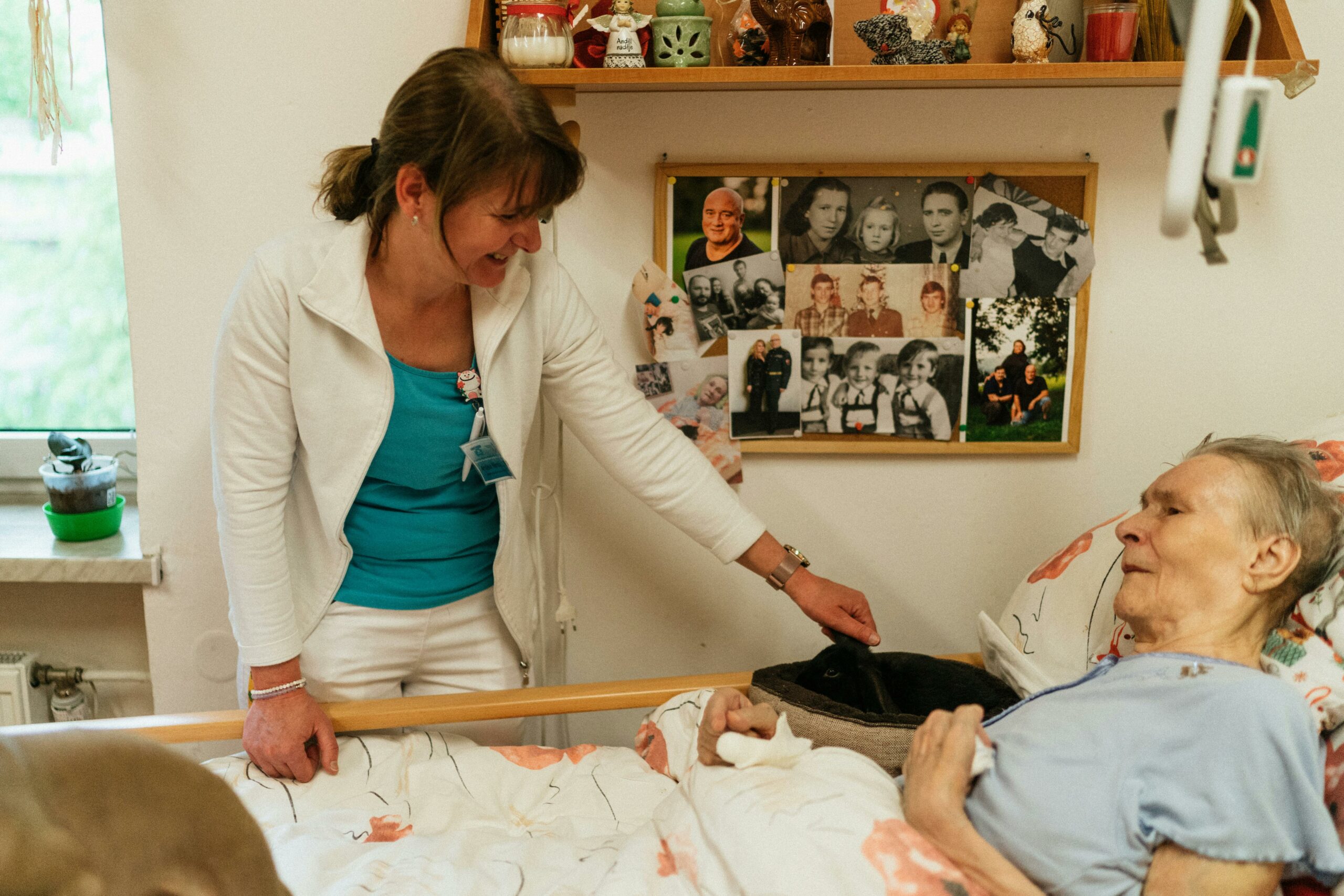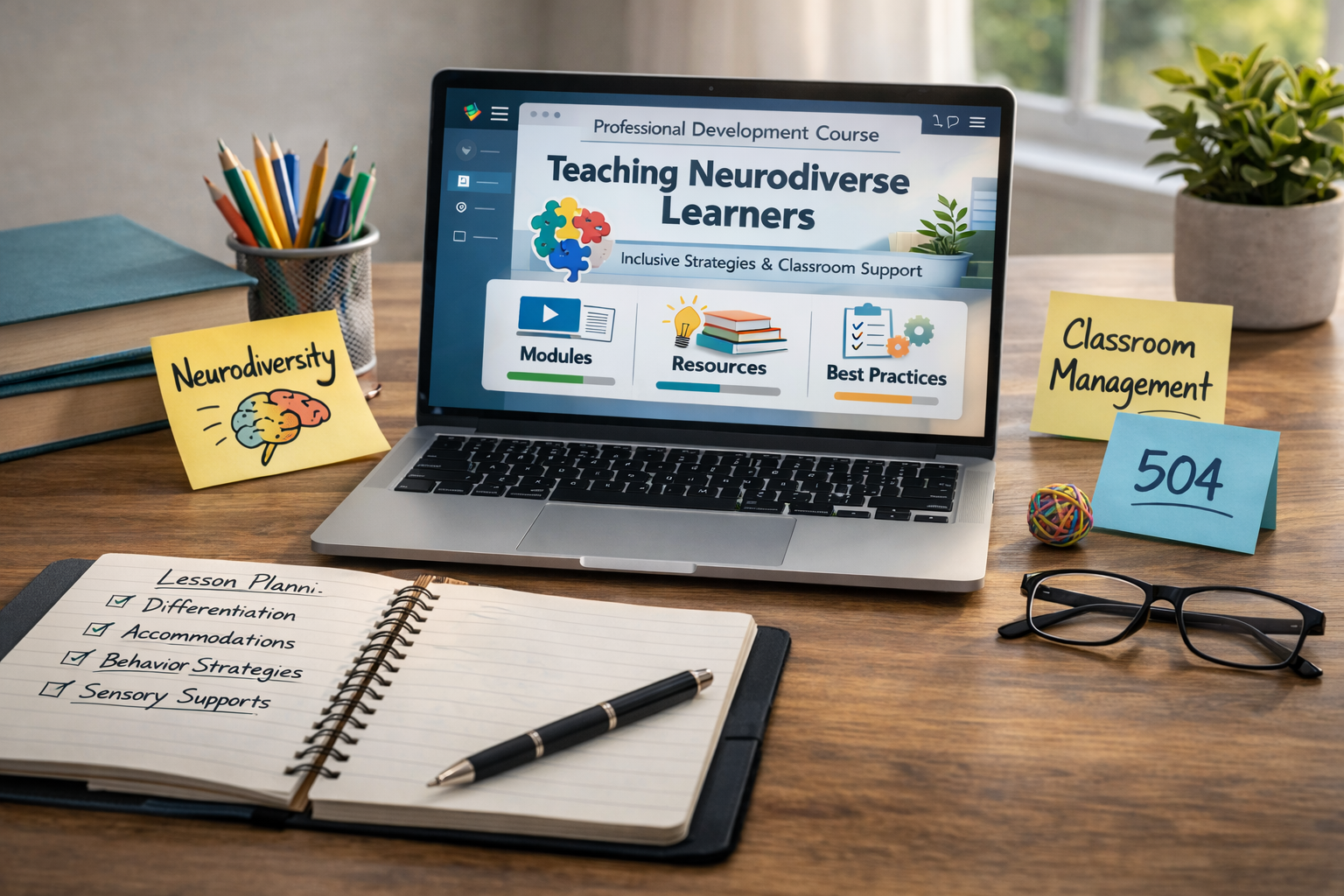Managing ADRD Patients in Healthcare Settings

The U.S. population is rapidly aging, and by 2050 it’s expected that over 82 million Americans will be 65 or older. That means health professionals will be encountering more patients with Alzheimer's disease and related dementias (ADRD) across a range of healthcare settings.
Managing patients who are experiencing cognitive decline can be challenging, and critical staff in every role need to have experience and training to achieve the best possible outcomes. Continuing education courses like Fundamentals of Alzheimer’s Disease for Healthcare Providers can deliver a solid foundation for working with people who struggle with ADRD, and more training will be needed as research and best practices evolve.
However, as of today, there is no cure. With much left to learn in terms of prevention, treatment, and care, supporting ADRD patients will continue to be a vital topic. Here are some of the most important details all healthcare workers should know.
What is ADRD?
ADRD is a spectrum of cognitively debilitating disorders primarily seen in older adults that heavily impact memory, thought processes, and daily functionality. These conditions evolve as the connections between neurons degenerate and eventually lead to atrophy in the cerebellum.
Patients who are affected by ADRD progress through several stages of symptoms that increase in severity over time:
- Early-stage patients are largely independent but may have trouble remembering names, forget where they put items, and become easily confused.
- Middle-stage patients often require assistance to navigate daily life. They may become lost, struggle with basic tasks, forget large portions of their identity and history, and encounter challenges around personal hygiene.
- Late-stage patients experience severe physical and mental limitations and typically require around-the-clock or institutional care.
Healthcare professionals may encounter someone at any point in the arc of ADRD, and they need to have an in-depth understanding of strategies and best practices for managing patients wherever they are. This can range from specialized communication skills to help people with memory issues successfully engage with health strategies to working with late-stage patients in hospice and long-term nursing facilities.
Regardless of where an individual is in their journey, the following concepts can help all healthcare workers better serve the ADRD patients they encounter.
Everyday Care for ADRD Patients
The daily support ADRD patients need can vary widely, and symptoms will continue to worsen over a long period of time. Nurses and staff need to be proactive to minimize potential confusion and create situations in which they can work together for success. With the proper education and support, healthcare providers, patients, and their families can implement strategies to limit complications and preserve valuable time, including:
- Establishing routines for dressing, eating, and hygiene.
- Serving meals and creating social activities in places that are familiar to the patient.
- Being respectful when helping them get dressed or with bathing, and avoiding making them feel rushed.
- Allowing them to do as much on their own as possible.
- Assisting with making lists to support their daily routine.
- Planning activities they enjoy involving places and people they know.
Behavioral Care and Communication with ADRD Patients
All ADRD patients experience challenges in communicating to some degree, and this can become extremely frustrating for them as well as their care providers. They may easily lose their train of thought or forget basic details of conversations, and it can quickly result in anxiety and anger.
These issues often make providing basic healthcare services more difficult when processing instructions or questions leads to delays in treatment goals or actions. Staff need to anticipate potential obstacles, exhibit patience, and work within a patient’s abilities to achieve success. Strategies that can minimize these challenges include:
- Respecting the patient’s personal space and allowing them time to respond to questions.
- Not interrupting or finishing their sentences for them.
- Offering frequent reminders, and when something is forgotten don’t ask them if they remember.
- Redirecting a frustrated patient to a familiar person, photo, object, or place.
- Not insisting on factual details that are inconsequential.
- Allowing for silence when the patient is trying to recall information or having trouble verbalizing.
Support a Healthy and Active Lifestyle for ADRD Patients
While no cure has been established, care modalities and management plans aim to slow the ADRD process as much as possible and promote overall health and wellness. Staying active assists with maintaining a healthy BMI, preserving muscle and joint functioning, and even producing positive sleep habits that support optimal brain function.
In most cases, ADRD patients should be empowered to do as much on their own as they can within the bounds of safety, and healthcare professionals can support a healthy and active lifestyle in the following ways:
- Keeping activities realistic—in many cases shorter sessions will avoid overexertion.
- Walking with your patients for both exercise and building trust.
- Ensuring the patient has comfortable clothes.
- Adding music the patient is familiar with to exercise routines.
- Including loved ones in activities.
- Letting patients with sore joints exercise from the comfort of a chair.
- Incorporating formal methods of exercise like Tai Chi that have been shown to improve cognition and balance while reducing the risk of falls.
Creating Better Healthcare Outcomes for ADRD Patients
There is a growing need in the healthcare industry for professionals who specialize in ADRD management, and basic skills and training are a necessity for nurses, doctors, and support staff everywhere. While many ADRD patients are encountered in age-related care facilities, it can present serious barriers to care in any setting at any time.
Premiere is dedicated to ensuring that healthcare workers are equipped with the information they need to deliver the best outcomes possible for ADHD patients. Courses like Alzheimer’s Disease, Dementia, and Cognitive Decline, an Introduction and Fundamentals of Alzheimer’s Disease for Healthcare Providers created by Megan Arbour PhD, RN, CNM, CNE, and Trisha Mareno offer essential knowledge on the topic of ADRD, and empower staff with the strategies and skills required to make a difference in any healthcare setting.
All of Premiere’s courses are developed by industry experts and allow healthcare workers to meet their professional obligations and deliver their careers on a timeline that works for them.


.png)



